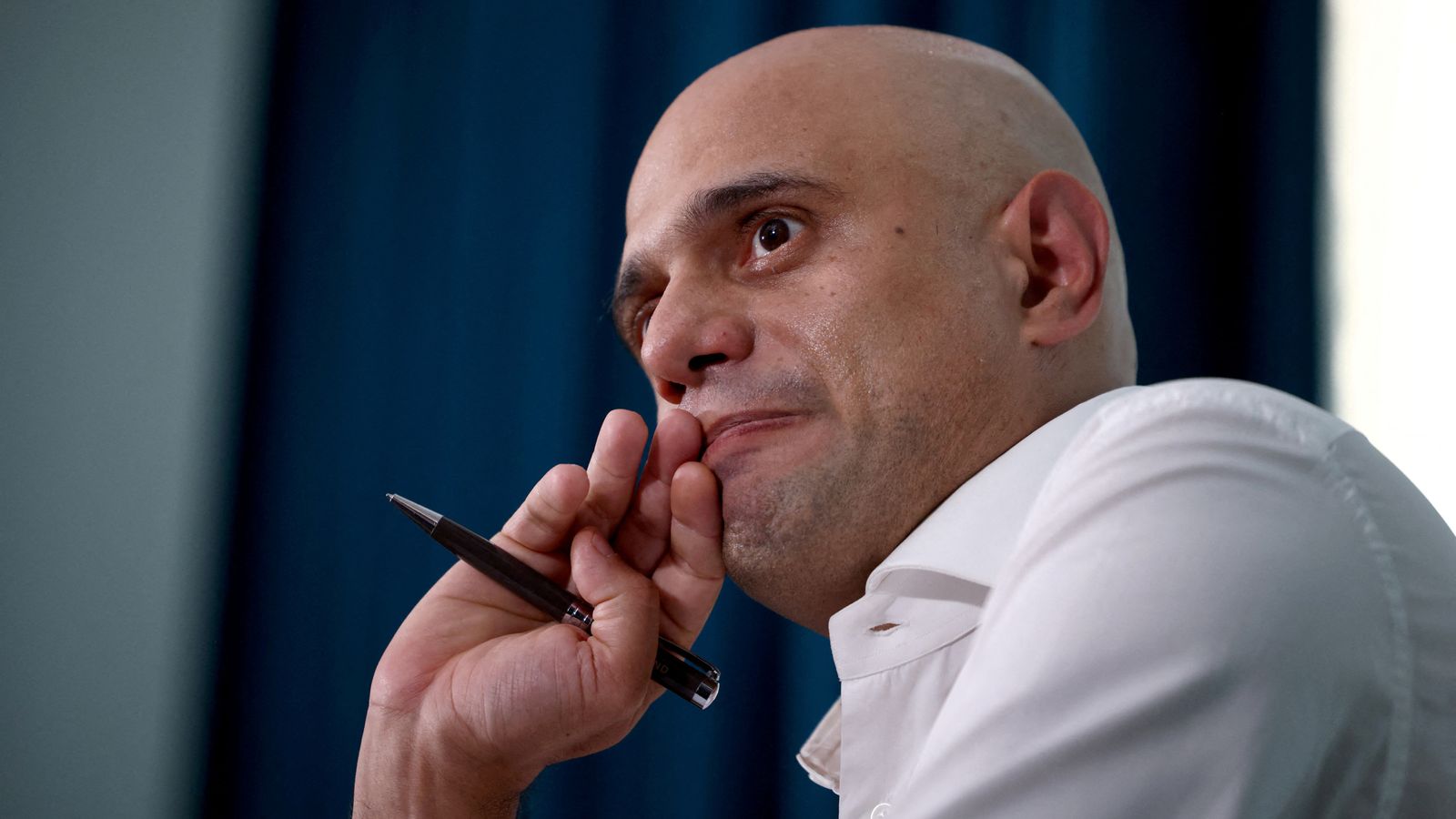U.S. lawmakers, including Tom Emmer and Patrick McHenry, wrote a joint letter to the Federal Reserve Bank of Boston regarding allegations that private firms involved in the design of the “hypothetical U.S. Central Bank Digital Currency (CBDC)” were gaining an unfair advantage.
The Dec. 1 letter claimed some of the private firms involved in the project might be using the partnership to research, develop and scale CBDC products that would later be sold to commercial banks.
According to the lawmakers, there is not enough transparency surrounding the roles of the private companies involved in the project.
Lawmakers seek clarity on partnerships
The lawmakers requested written responses to questions they believed would shed more light on the partnerships.
The legislators asked the Boston Fed to clarify the extent of their partnerships with these private firms and whether the financial agency would fund private sector startups interested in designing CBDCs.
Additionally, they asked whether the private firms involved in the project would have a regulatory advantage over their competitors and what the project was doing about the privacy concerns surrounding CBDCs.
The lawmakers wrote:
“It is important that the firms engaging with Project Hamilton do not receive an unfair competitive advantage over current or future competitors. Neither the federal government nor the Federal Reserve Banks should be in the business of picking winners and losers in the private markets.”
Emmer said:
(The) initiative between the Boston Fed and MIT to research the potential development of a U.S. CBDC & the private sector’s role must be transparent. No government body should be in the business of picking winners and losers in private industry.
The post US lawmakers question private firms’ role in development of a CBDC appeared first on CryptoSlate.









